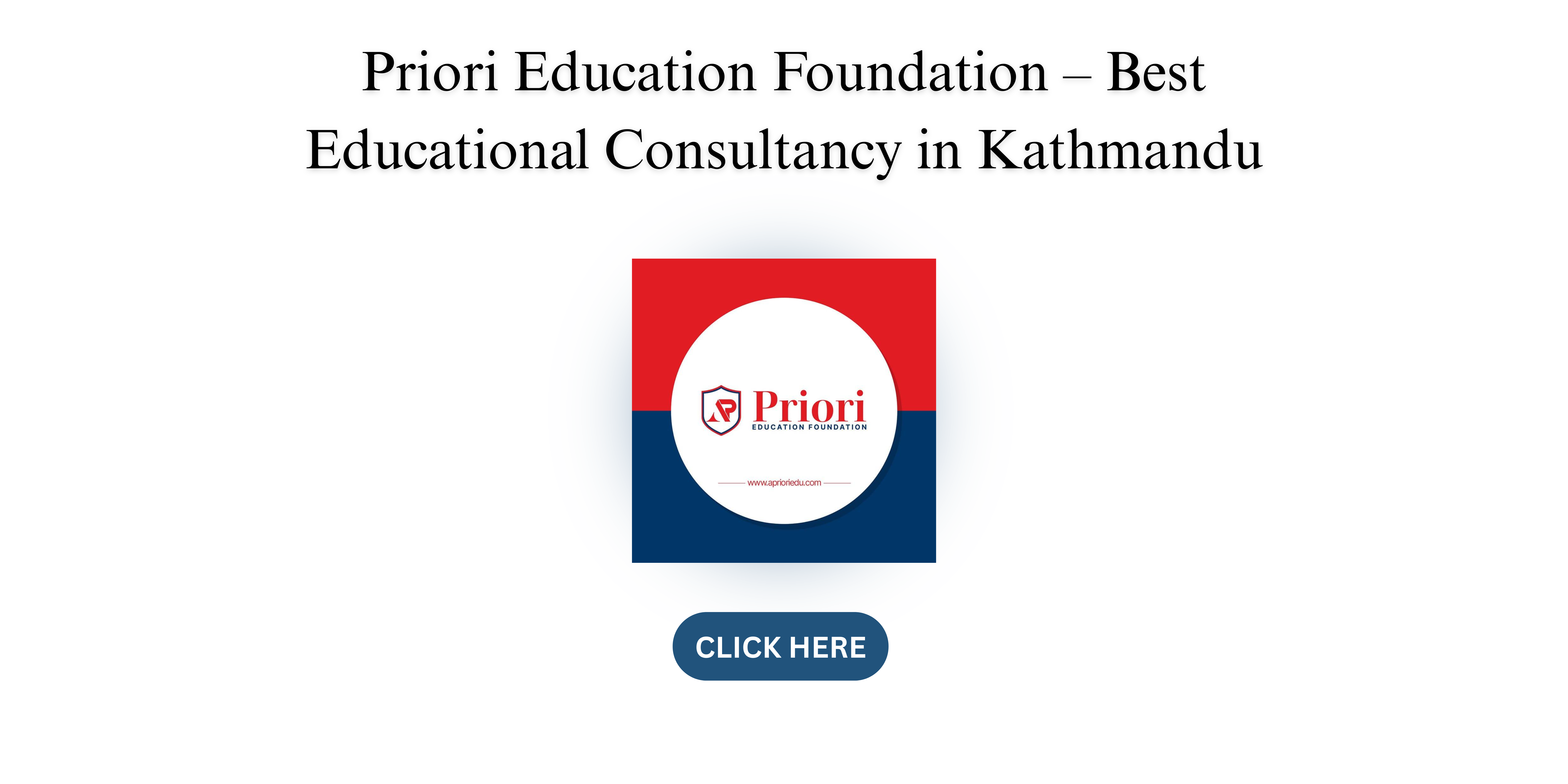
Studying abroad can be an exciting adventure, but the application process can sometimes feel overwhelming. Many students make mistakes that could have been easily avoided, costing them time, stress, or even a chance at their dream university. Here are some common pitfalls and tips on how to avoid them.
1. Missing Deadlines
One of the most frequent mistakes is not keeping track of application deadlines. Universities have strict timelines for submitting forms, test scores, and supporting documents. Missing a deadline can mean waiting an entire year to apply again. Always make a checklist and start your application early.
2. Ignoring Eligibility Requirements
Each university and program has specific eligibility criteria, such as minimum grades, language proficiency, or work experience. Failing to check these requirements carefully can lead to rejection. Take time to understand what’s needed and make sure you meet all the criteria before applying.
3. Weak or Generic Statements of Purpose (SOP)
Your SOP is your chance to tell the admissions team why you’re a good fit. Many students submit generic essays that could apply to any program. Focus on your personal story, achievements, and why this particular course and university are right for you.
4. Neglecting Recommendation Letters
Strong recommendation letters can make a big difference. Some students either ask too late or choose referees who aren’t familiar with their work or achievements. Choose recommenders who know you well and can provide specific examples of your skills and potential.
5. Underestimating Financial Planning
Studying abroad can be expensive. Some students fail to plan for tuition, living expenses, and unexpected costs. Research scholarships, grants, and budgeting strategies before applying. This shows universities that you’re prepared and responsible.
6. Not Preparing for Language Tests or Entrance Exams
Many programs require tests like IELTS, TOEFL, SAT, or GRE. Waiting until the last minute to prepare can hurt your scores. Start early, practice consistently, and consider taking mock tests to gauge your readiness.
7. Overlooking Cultural and Practical Aspects
Applying abroad isn’t just about academics. Students sometimes ignore visa requirements, accommodation options, or cultural differences. Being aware of these aspects helps you adjust faster once you arrive.
Conclusion
Applying to study abroad is a big step, but avoiding these common mistakes can make the process smoother and increase your chances of success. Start early, stay organized, and pay attention to every detail. With proper planning, your dream of studying abroad can become a reality.




